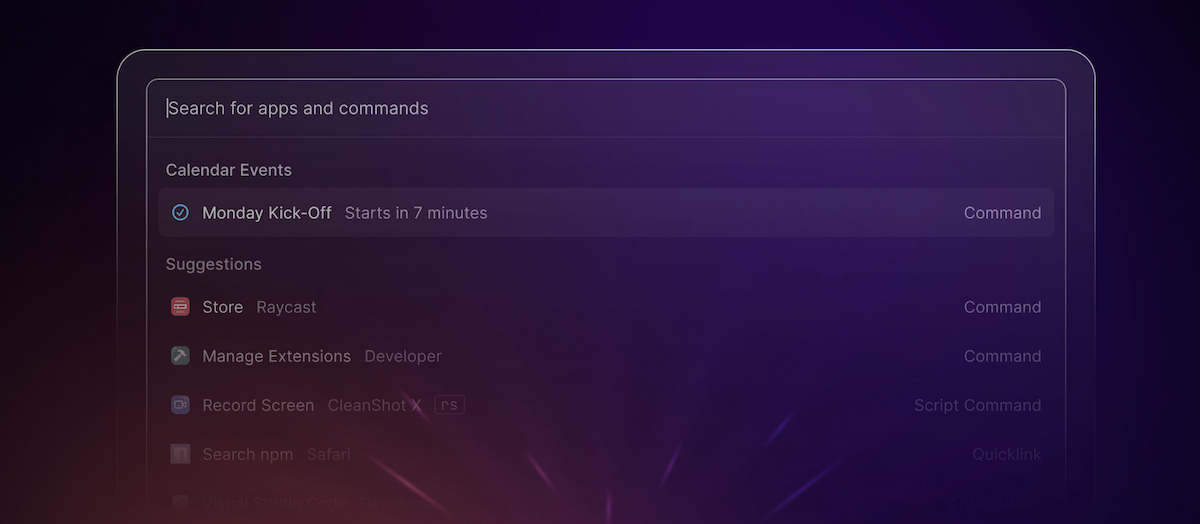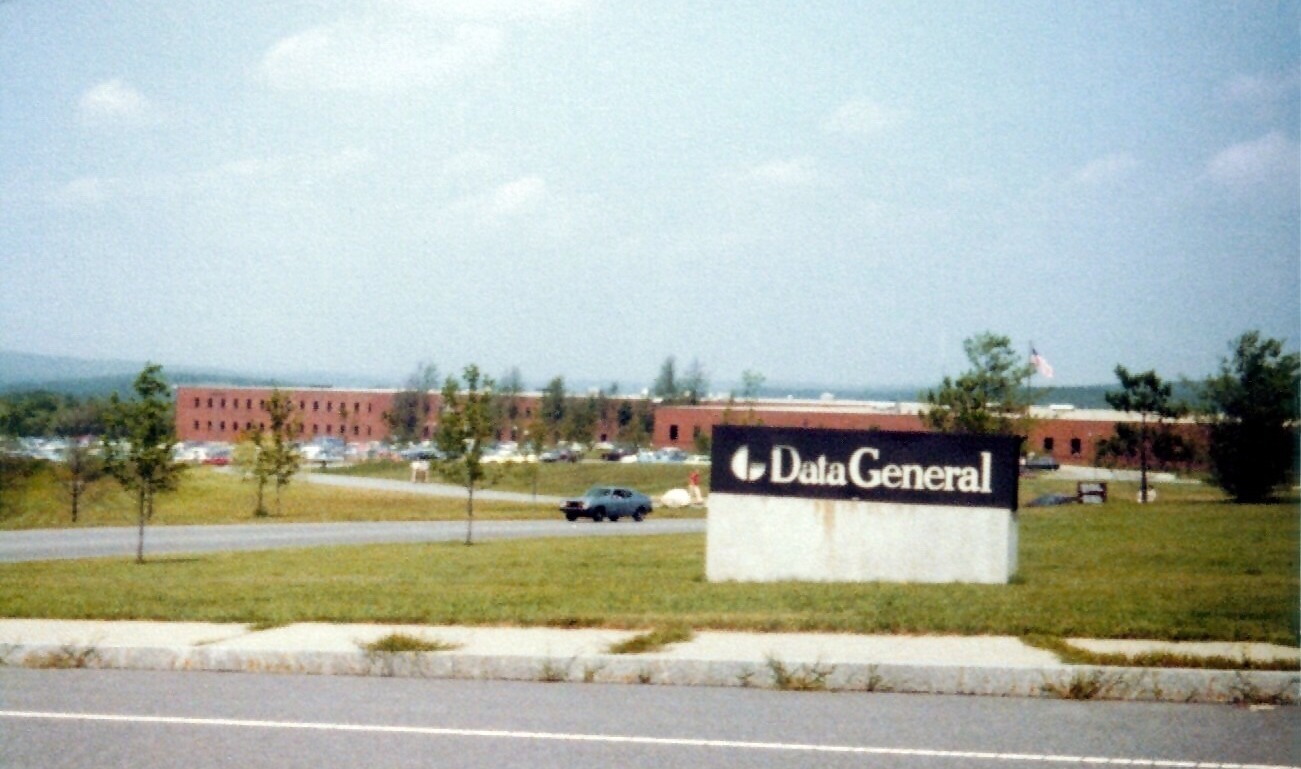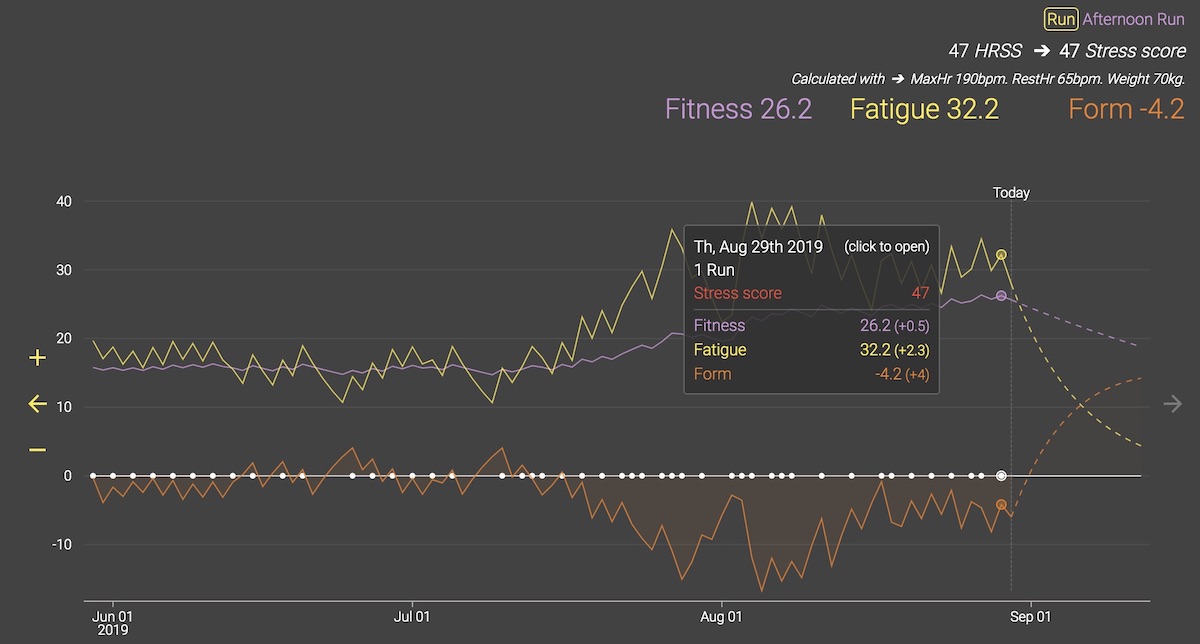May 16, 2019 • #
Wireframing is a critical technique in product development. Most everyone in software does a good bit of it for communicating requirements to development teams and making iterative changes. For me, the process of wireframing is about figuring out what needs to be built as much as how. When we’re discussing new features or enhancements, rather than write specs or BDD stories or something like that, I go straight to a pen and paper or the iPad to sketch out options. You get a sense for how a UI needs to come together, and also for us visual thinkers, the new...
✦
May 11, 2019 • #
As pointed out in this piece from Rahul Vohra, founder of Superhuman, most indicators around product-market fit are lagging indicators. With his company he was looking for leading indicators so they could more accurately predict adoption and retention after launch. His approach is simple: polling your early users with a single question — “How would you feel if you could no longer use Superhuman?”
Too many example methods in the literature on product development orient around asking...
✦
April 29, 2019 • #
Marco Arment just shipped a new update to Overcast (the best iOS podcast app) with an awesome new feature that allows you to clip sections to share. Since its early days you’ve been able to share a podcast episode with an anchor link to a timestamp, but this new clip sharing ability is a major improvement that should make podcast content easier to point people to and recommend.
This doesn’t just allow you to create a clip to share, it even generates a nice embeddable video (landscape, square, or portrait) for posting through social...
✦
March 18, 2019 • #
This post from Hiten Shah tells the backstory of one of the more interesting startups these days, Airtable. Like the title states, the objective of Airtable is to build a no-code system for data management and application-building. At a billion-dollar valuation now, they’ve clearly knocked it out of the park with their product-led growth strategy.
Even in the face of the 5,000 pound gorilla of Excel, they’ve broken things open and are beginning to attract mass-market users.
Microsoft had been the undisputed king of productivity software for 20 years by the time Airtable went...
✦
March 14, 2019 • #
I was a big del.icio.us user back in the day, pre- and post-Yahoo. For anyone unfamiliar, it was one of the first tools (before Twitter) for sharing web links and making bookmarks social.
I signed up for Pinboard around the time it launched. Creator Maciej Cegłowski had an interesting concept for making his service paid, a tactic that could allow it to generate enough revenue to be self-sustaining and avoid the acquisition & stagnation that del.icio.us suffered at the hands of Yahoo after they acquired it in 2005.
When it launched it cost around $3 to...
✦
October 24, 2018 • #
Since I got the Mavic last year, I haven’t had many opportunities to do mapping with it. I’ve put together a few experimental flights to play with DroneDeploy and our Fulcrum extension, but outside of that I’ve mostly done photography and video stuff.
OpenDroneMap came on a scene a couple years ago as a toolkit for processing drone imagery. I’ve been following it loosely through the Twittersphere since. Most of my image processing has been done with DroneDeploy, since we’d been working with them on some integration between...
✦



